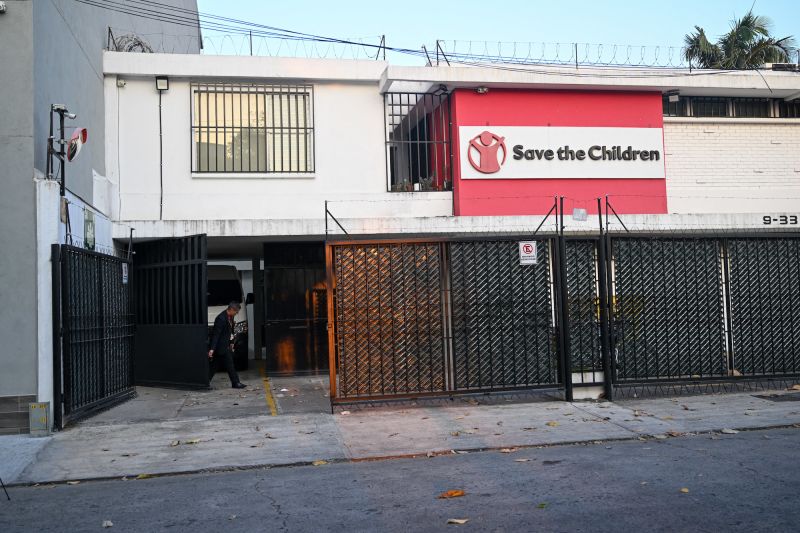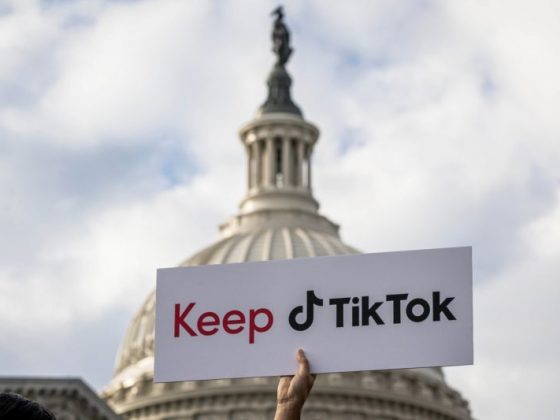 South Africa’s democracy is indeed approaching a significant milestone. However, the country is also faced with important challenges that could potentially hamper further progress. The ‘silent crisis’ you’re referring to could be multifaceted and could possibly refer to a combination of social, economic, and political problems currently impacting the country.
The economic condition is certainly a major factor that is threatening the country’s democratic achievements. South Africa has one of the highest inequality rates in the world, both economically and socially. The income gap between the rich and the poor has been growing, and despite ongoing efforts for redistribution, poverty remains widespread.
In terms of politics, corruption remains a significant concern in South Africa. Despite hard-won progress in transparency and accountability, numerous scandals have tainted the government’s reputation.
Another aspect of this silent crisis can be traced to the social domain. The high rates of crime and violence, marginalization of certain social groups, systemic racism, lack of adequate healthcare, and issues in the education sector are critical factors posing challenges to the country’s democratic gains.
Dealing with these crises requires concerted effort, strong leadership, well-thought-out policies, and, crucially, the political will to effect meaningful change. Ultimately, preserving and improving the quality of democracy in South Africa could hinge on addressing these issues.
South Africa’s democracy is indeed approaching a significant milestone. However, the country is also faced with important challenges that could potentially hamper further progress. The ‘silent crisis’ you’re referring to could be multifaceted and could possibly refer to a combination of social, economic, and political problems currently impacting the country.
The economic condition is certainly a major factor that is threatening the country’s democratic achievements. South Africa has one of the highest inequality rates in the world, both economically and socially. The income gap between the rich and the poor has been growing, and despite ongoing efforts for redistribution, poverty remains widespread.
In terms of politics, corruption remains a significant concern in South Africa. Despite hard-won progress in transparency and accountability, numerous scandals have tainted the government’s reputation.
Another aspect of this silent crisis can be traced to the social domain. The high rates of crime and violence, marginalization of certain social groups, systemic racism, lack of adequate healthcare, and issues in the education sector are critical factors posing challenges to the country’s democratic gains.
Dealing with these crises requires concerted effort, strong leadership, well-thought-out policies, and, crucially, the political will to effect meaningful change. Ultimately, preserving and improving the quality of democracy in South Africa could hinge on addressing these issues.
South Africa’s democracy is turning 30 – but a silent crisis threatens its hard-fought gains

 South Africa’s democracy is indeed approaching a significant milestone. However, the country is also faced with important challenges that could potentially hamper further progress. The ‘silent crisis’ you’re referring to could be multifaceted and could possibly refer to a combination of social, economic, and political problems currently impacting the country.
The economic condition is certainly a major factor that is threatening the country’s democratic achievements. South Africa has one of the highest inequality rates in the world, both economically and socially. The income gap between the rich and the poor has been growing, and despite ongoing efforts for redistribution, poverty remains widespread.
In terms of politics, corruption remains a significant concern in South Africa. Despite hard-won progress in transparency and accountability, numerous scandals have tainted the government’s reputation.
Another aspect of this silent crisis can be traced to the social domain. The high rates of crime and violence, marginalization of certain social groups, systemic racism, lack of adequate healthcare, and issues in the education sector are critical factors posing challenges to the country’s democratic gains.
Dealing with these crises requires concerted effort, strong leadership, well-thought-out policies, and, crucially, the political will to effect meaningful change. Ultimately, preserving and improving the quality of democracy in South Africa could hinge on addressing these issues.
South Africa’s democracy is indeed approaching a significant milestone. However, the country is also faced with important challenges that could potentially hamper further progress. The ‘silent crisis’ you’re referring to could be multifaceted and could possibly refer to a combination of social, economic, and political problems currently impacting the country.
The economic condition is certainly a major factor that is threatening the country’s democratic achievements. South Africa has one of the highest inequality rates in the world, both economically and socially. The income gap between the rich and the poor has been growing, and despite ongoing efforts for redistribution, poverty remains widespread.
In terms of politics, corruption remains a significant concern in South Africa. Despite hard-won progress in transparency and accountability, numerous scandals have tainted the government’s reputation.
Another aspect of this silent crisis can be traced to the social domain. The high rates of crime and violence, marginalization of certain social groups, systemic racism, lack of adequate healthcare, and issues in the education sector are critical factors posing challenges to the country’s democratic gains.
Dealing with these crises requires concerted effort, strong leadership, well-thought-out policies, and, crucially, the political will to effect meaningful change. Ultimately, preserving and improving the quality of democracy in South Africa could hinge on addressing these issues.

